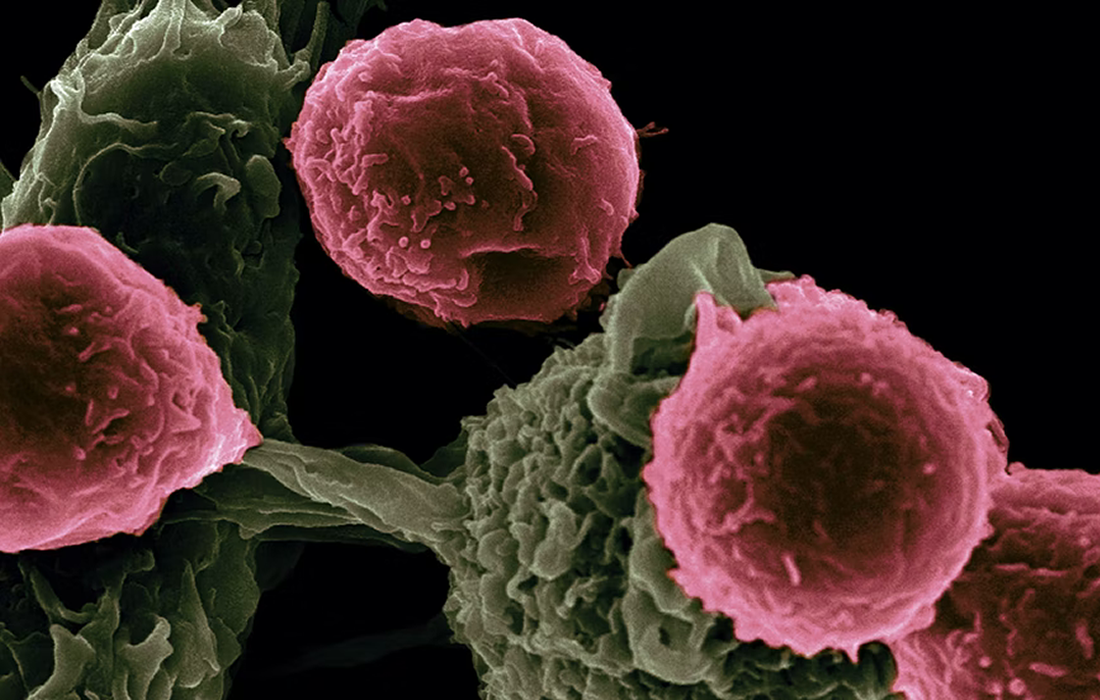Regenerative Medicine News and General Information
New Study Could Lead to Treatments for Small-Cell Lung Cancer
Small cell lung cancer is the least common type of lung cancer, but it spreads faster than non-small cell lung cancer. Early lung cancer screenings can detect small cell lung cancer before it spreads when the disease is most treatable by methods like radiation therapy, immunotherapy, and chemotherapy.
An estimated 15% of people diagnosed with lung cancer have small cell lung cancer. Smokers, people with a history of smoking, and nonsmokers are all at risk for lung cancer. However, small cell lung cancer almost always develops in people who have a long history of tobacco use.
Researchers have discovered that the gene EP300 can both inhibit and promote small-cell lung cancer (SCLC). The team behind the study was able to stop the spread of cancer in mouse models by manipulating this gene. The results appear in the journal Science Advances.
EP300 gene Role in SCLC
EP300 (E1A binding protein p300) a transcription coactivator important in proliferation and differentiation, is frequently mutated in diverse cancer types, including small cell lung cancer (SCLC).
For the study, the team used a mice model and found that the protein EP300, which is the protein that the EP300 gene codes for can either promote or inhibit SCLC. They demonstrate that EP300 mutants lacking the acetyltransferase domain accelerate tumor development. They also found that complete EP300 knockout suppresses SCLC development and proliferation.
The researchers finding may also be relevant for other types of cancers because EP300 mutations are widespread in different types of cancers, while also being a potential therapeutic target in SCLC.
Sources:
Kee-Beom Kim, et al. KIX domain determines a selective tumor-promoting role for EP300 and its vulnerability in small cell lung cancer. 2022. Science Advances. DOI: 10.1126/sciadv.abl4618.
https://my.clevelandclinic.org/health/diseases/6202-small-cell-lung-cancer
Image from:
Photo by National Cancer Institute on Unsplash

